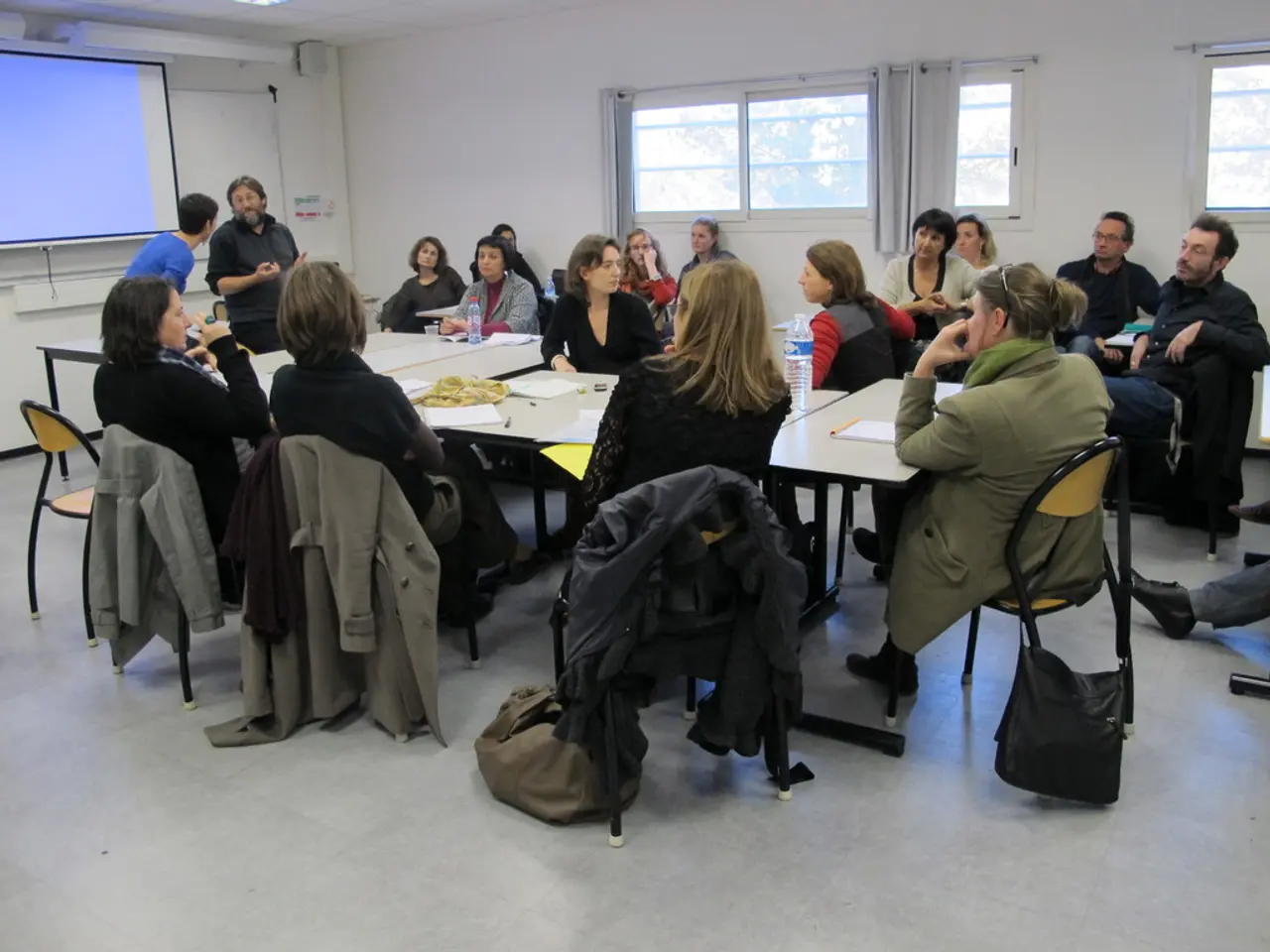Strategies for Handling Subtle Insults in Intimate Connections
In interracial relationships, it is essential to understand and address microaggressions, subtle comments or behaviors that reflect bias, disrespect, or stereotyping based on race or other identities. These acts can be categorized as micro-invalidations, micro-insults, or micro-assaults.
Micro-invalidations are instances where a partner’s lived racial experiences are dismissed or undermined, such as saying “I don’t think this is about race” when they share racial discrimination incidents. Micro-insults are subtle put-downs or backhanded compliments reinforcing stereotypes, like expressing surprise at a partner’s achievement with comments like “You’re not like others from your background.” Micro-assaults are overt, seemingly intentional slights or derogatory jokes, often followed by dismissals like “Relax, I was just kidding.”
To name and address microaggressions, it is helpful to identify the type based on the impact and subtlety/intention of the comment or behavior. Articulate the specific content and racial dimension, such as “That comment made me feel like you’re doubting my experience with racism” (micro-invalidation) or “That joke felt like it was based on a racial stereotype” (micro-insult or micro-assault). Using “I” statements to express how the microaggression affects you helps maintain openness for dialogue.
It is important to note that microaggressions often accumulate and may be hard to notice immediately. Awareness and continuous communication are critical. Understanding that the intent behind the comment does not negate its harmful impact helps frame conversations with empathy.
Couples therapy or counseling can help partners recognize and address microaggressions with care and honesty. If a partner refuses to change the negative behavior or refuses to accept responsibility for the continued use of microaggressions, a therapist can mediate and teach skills to improve communication.
In summary, recognizing microaggressions in interracial relationships involves noticing subtle racial slights or dismissive behaviors, categorizing them (micro-invalidation, insult, or assault), and naming their impact clearly to foster understanding and repair trust. Encourage your partner to educate themselves more about what microaggressions are and how implicit bias works.
Remember, microaggressions can target gender, race, or other aspects of identity in romantic relationships. Revisiting boundaries is necessary as you heal and your relationship grows. If you’re ready to take the next step, online couples counseling and individual therapy can help you navigate any relationship challenges. You deserve to feel seen and respected.
Sometimes, the best choice is to walk away from the person causing you distress. However, with the right support, guidance, and care, many relationships can recover and even become stronger. If you feel hurt or dismissed, communicate your feelings clearly and assertively. Your well-being is important, and you have the right to be respected in your relationship.
- A licensed therapist can provide online therapy sessions, helping couples in interracial relationships understand and address microaggressions that may undermine mental health.
- In health-and-wellness, learning about mental health and its impact on personal growth and relationships is essential to navigate interracial relationships with empathy.
- Understanding and overcoming anxiety caused by microaggressions in interracial relationships can be facilitated through education-and-self-development resources like workshops and books.
- By learning to recognize and communicate about microaggressions in their relationships, couples can work towards a more respectful and harmonious lifestyle together.
- Couples therapy often focuses on addressing microaggressions in interracial relationships, promoting healing, trust, and improved communication skills.
- Remaining open to continuous communication and personal growth in understanding microaggressions benefits the overall well-being and mutual respect within interracial relationships.




